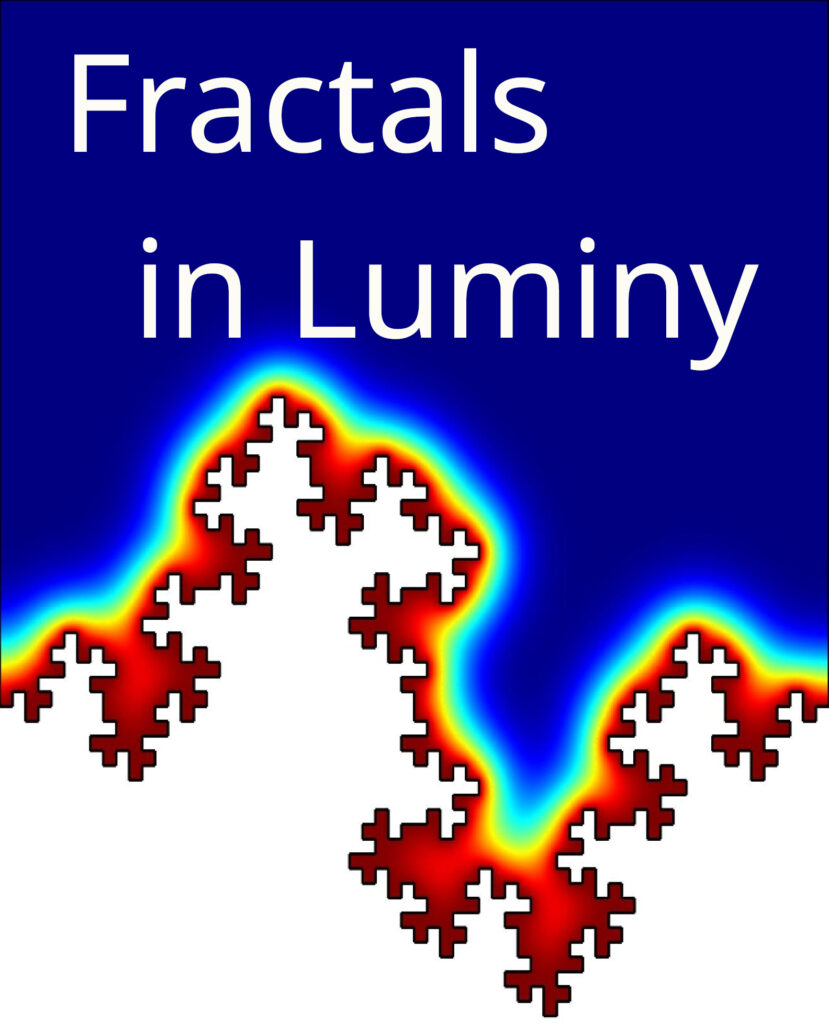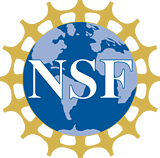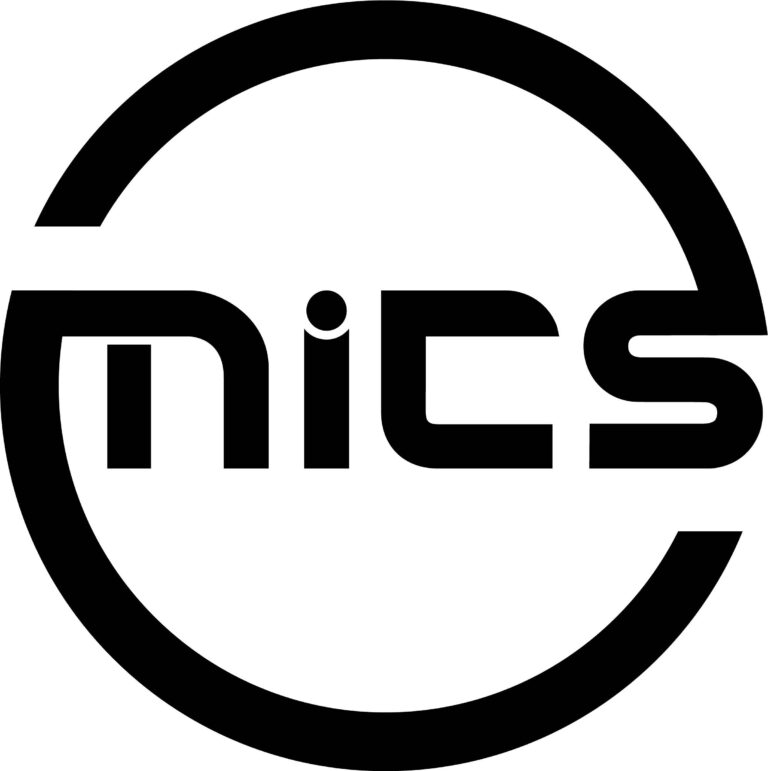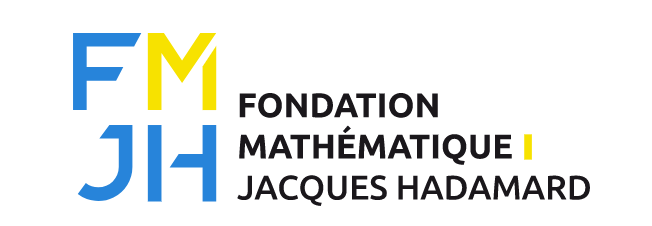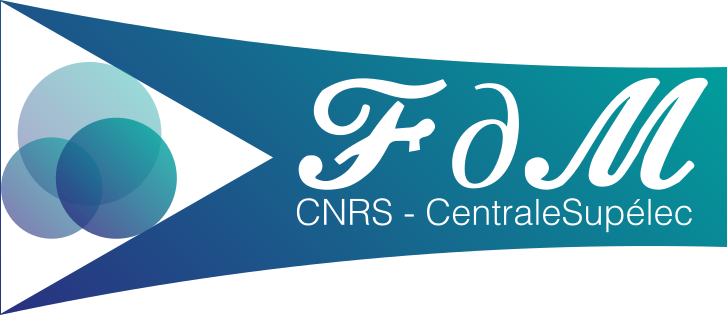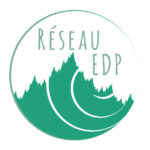Scientific Committee
Comité scientifique
Simon N. Chandler-Wilde (University of Reading)
Marco Marletta (Cardiff University)
Katarzyna Pietruska-Paluba (University of Warsaw)
Alexander Teplyaev (University of Connecticut)
Martina Zähle (Friedrich Schiller University Jena)
Organizing Committee
Comité d’organisation
Michael Hinz (Bielefeld University)
Maria Rosaria Lancia (Sapienza University of Rome)
Anna Rozanova-Pierrat (CentraleSupélec, Université Paris-Saclay)
Although theoretical aspects of the field are relatively well-developed, there is a huge demand for corresponding numerical methods. The connections between colleagues working in theory and colleagues working in applied mathematics need strengthening. The conference will be the first to address these connections specifically. Its particular objective is to provide a stimulating ”cross-cultural” platform, where experts working on theoretical aspects can become aware of questions arising from computational problems and experts working in applied mathematics can obtain an overview of the variety of existing theoretical concepts and methods.
The expected impact on an international level is increased activity in joint international research projects, academic visits, funding applications, and workshop activities involving experts from applied and pure mathematics. Our goal is to foster a vibrant international research community with a clear focus on the use of fractal models in applied mathematics, engineering, and the sciences. The conference is a key initial step and the first of a series of conferences dedicated to the topic. On an educational level, the impact is generated by involving young researchers with brand-new research questions on fractal models in pure and applied mathematics. This will also channel local impacts through follow-up activities such as student exchanges and internships at theoretical and applied research institutions.
L’objectif général de la conférence est de réunir un groupe diversifié de jeunes chercheurs et de chercheurs confirmés pour discuter des avancées récentes et des applications de l’analyse des fractales et des réseaux. Les principaux thèmes généraux de la conférence sont:
- l’irrégularité dans les mathématiques pures et appliquées, les sciences et l’ingénierie ;
- l’analyse des réseaux
- les applications impliquant les fractales et les formes irrégulières.
L’accent sera mis sur les méthodes théoriques et numériques orientées vers les applications en ingénierie et en sciences. Des experts en mathématiques appliquées présenteront des applications industrielles potentielles, des prototypes et, dans la mesure du possible, des cas d’utilisation existants.
Bien que les aspects théoriques du domaine soient relativement bien développés, la demande de méthodes numériques correspondantes est énorme. Les liens entre les collègues travaillant dans la théorie et ceux travaillant dans les mathématiques appliquées doivent être renforcés. La conférence sera la première à s’intéresser spécifiquement à ces liens. Son objectif particulier est de fournir une plateforme « interculturelle » stimulante, où les experts travaillant sur les aspects théoriques peuvent prendre conscience des questions soulevées par les problèmes de calcul et où les experts travaillant en mathématiques appliquées peuvent obtenir une vue d’ensemble de la variété des concepts et méthodes théoriques existants.
L’impact attendu au niveau international est une augmentation de l’activité dans les projets de recherche internationaux conjoints, les visites universitaires, les demandes de financement et les activités d’atelier impliquant des experts en mathématiques appliquées et en mathématiques pures. Notre objectif est de favoriser l’émergence d’une communauté de recherche internationale dynamique, clairement axée sur l’utilisation des modèles fractals dans les mathématiques appliquées, l’ingénierie et les sciences. La conférence est une étape initiale essentielle et la première d’une série de conférences consacrées à ce sujet. Sur le plan éducatif, l’impact est généré par l’implication de jeunes chercheurs avec de toutes nouvelles questions de recherche sur les modèles fractals en mathématiques pures et appliquées. L’impact local sera également canalisé par des activités de suivi telles que des échanges d’étudiants et des stages dans des institutions de recherche théorique et appliquée.
SPEAKERS
Wolfgang Arendt (Ulm University) Parabolic Maximal Regularity Applied to Diffusion Networks with Time-Dependent Transmission Conditions
Sabine Boegli (Durham University) Numerical ranges and multiplier tricks
Raffaela Capitanelli (Sapienza University of Rome) Time-changed processes on fractals
Matteo Capoferri (Heriot-Watt University) Spectral theory of high-contrast random media
Simon N. Chandler-Wilde (University of Reading) Integral Equation Methods for Acoustic Scattering by Fractals
Li Chen (Louisiana State University) Colored Noises and Parabolic Anderson Model son Fractals
Fabio E. Cipriani (Politecnico di Milano) Extensions of Dirichlet spaces
Xavier Clayes (Sorbonne Université) Quotient space perspective for the potential theory of Helmholtz boundary value problems in non-Lipschitz domains
Simone Creo (Sapienza University of Rome) Fractional operators in irregular domains: well-posedness results and asymptotics
Guy David (Université de Paris Sud – Orsay) Absolute continuity for the harmonic measure associated to the Robin boundary value problem
Tom ter Elst (University of Auckland) The Dirichlet-to-Neumann operator on rough domains
Mahya Ghandehari (University of Delaware) A non-commutative viewpoint on signal processing over large graphs
Daniel Guido (Tor Vergata University of Rome) On a constructive notion of self-similar topological fractal
David Hewett (University College London) Numerical quadrature for singular integrals over self-similar measures
Naotaka Kajino (RIMS, Kyoto University) On singularity of p-energy measures among distinct values of p for some p.-c.f. self-similarsets
Kamil Kaleta (TU Wroclaw) Discrete evolution confined by a killing potential
Jun Kigami (Kyoto University) Conductive homogeneity of regular polygon based self-similarsets—sufficiency and obstruction
Pavel Kurasov (Stockholm University) Maximal dissipative operators on metric graphs
Olivier Lafitte (Université Paris 13 & Université de Montréal) The reflection coefficient by a fractional reflector for problems in engineering
Giorgio Mantica (Universityof Insubria) The infinite dimensional isospectral torus
Georgi Medvedev (Drexel University) The geometry of harmonic maps from the Sierpinski gasket to the circle
Irina Mitrea (Temple University) On the Radon-Carleman Problem in Uniformly Rectifiable Domains
Delio Mugnolo (University of Hagen) Torsional rigidity and spectrum of graphs
Mathav Murugan (University of British Columbia) Boundary trace of reflected diffusions on uniform domains
Serge Nicaise (Université Polytechnique Hauts-de-France) Negative eigenvalues of the Laplace operator on graphs
Kaj Nyström (Uppsala University) Parabolic uniform rectifiability and caloric measure
Kasso A. Okoudjou (Tufts University) On the spectral analysis of Jacobi matrices associated with Legendre orthogonal polynomials on the Sierpinski gasket
Konstantin Pankrashkin (University of Oldenburg) An embedded trace theorem for infinite metric trees with applications to transmission problems with mixed dimensions
Olaf Post (Trier University) Norm resolvent convergence of non-local Laplacians towards local Laplacians
Anna Rozanova-Pierrat (CentraleSupélec, Université Paris-Saclay) Existence of optimal shapes in linear acoustics in the Lipschitz and non-Lipschitz classes
Luke Rogers (University of Connecticut) Bounded variation functions on non-local Dirichlet spaces
Nageswari Shanmugalingam (University of Cincinnati) Potential theory in unbounded spaces: parabolicity and hyperbolicity
Pavel Skums (University of Connecticut) Fractal Networks: topology, dimension and complexity
Alejandro Vélez Santiago (University of Puerto Rico) Diffusion over bronchial trees: solvability and regularity
Mahamadi Warma (George Mason University) Optimal control problems of fractional Sturm-Liouville equations on a star graph
Steffen Winter (Karlsruhe Institute of Technology) Fractal curvatures for domains with piecewise self-similar boundary
Yimin Xiao (Michigan State University) Regularity and Fractal Properties of Gaussian Random Fields on Compact Two-Point Homogeneous Spaces
PARALLEL SESSIONS
Bernard Akwei (University of Connecticut) Minimal Spacing of Eigenvalues on Fractals
Milica Andelić (Kuwait University) On irregularity measures in network
Artur H. O. Andrade (Temple University) Overdetermined elliptic boundary value problems in uniformly rectifiable domains
Catherine Babecki (California Institute of Technology) Spectrahedral Geometry of Graph Sparsifiers
Vsevolod Chernyshev (HSE University) Trace of the resolvent of Laplace operators on metric graphs and its connection to magnitude function
Gabriel Claret (Centrale Supélec) Poincaré-Steklov and Neumann-Poincaré operators for extension domains
Baptiste Devyver (Université Grenoble Alpes) Heat kernel and harmonic analysis on non-compact cable systems with a fractal structure
Pavel Dubovski (Stevens Institute of Technology) Well-posedness problem for fractional equations
John S. Fabila Carrasco (University of Edinburgh) Dynamics on graph signals
Florian Fischer (University of Bonn) Sharp Hardy-type inequalities for non-compact harmonic manifolds and graphs
Ilias Ftouhi (Friedrich Alexander University of Erlangen) About the optimal shape design of sensors
Joachim Kerner (University of Hagen) Spectral comparison results on graphs
Jeongsu Kyeong (Temple University) The poly-Cauchy operator in uniformly rectifiable domains
Zoïs Moitier (ENSTA Paris) Efficient methods for the solution of boundary integral equations on fractal antennas
Anna Muranova (University of Warmia and Mazury) Capacity of graphs over non-Archimeden orgered fields
Noema Nicolussi (TU Graz) Self-adjoint extensions of infinite quantum graphs
Hyunchul Park (SUNY New Paltz) Non-local heat diffusion on a class of fractal sets
Srijanani-Anurag Prasad (IIT Tirupati) Reproducing Kernel Hilbert Space and Coalescence Hidden-variable Fractal Interpolation Functions
Bertuel Tangue Ndawa (Université de Ngaoundéré) Circle Map with a Flat Piece: Geometry and Hausdorff dimension
Waldemar Schefer (Bielefeld University) Schefer Continuity Equations on Fractals
Meng Yang (University of Bonn) Korevaar-Schoen spaces on Sierpinski carpets


